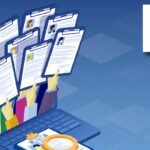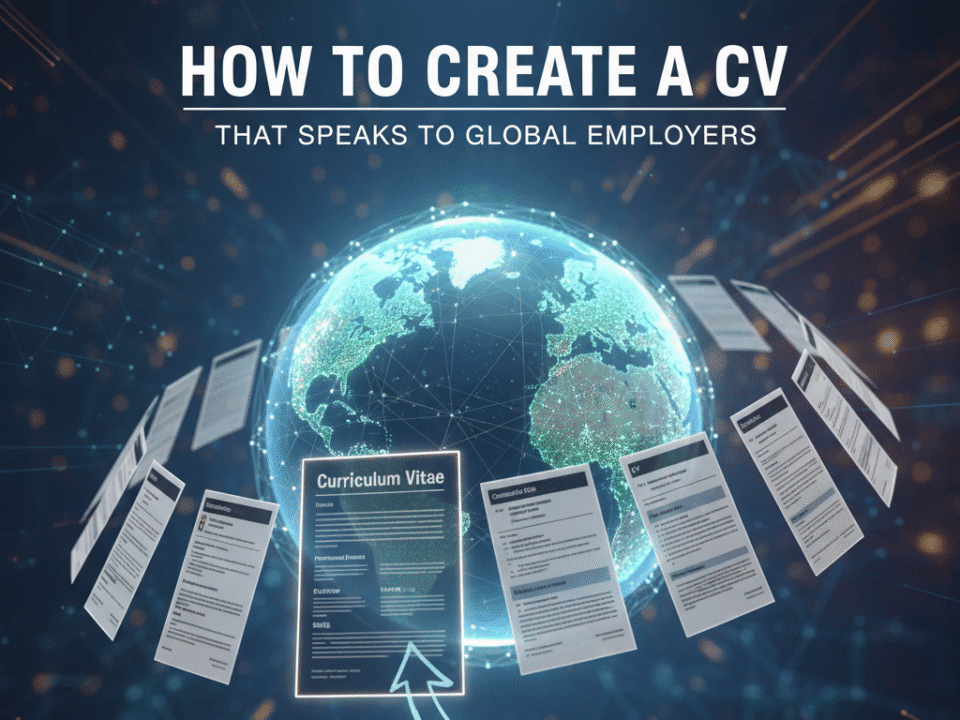
Mastering Keyword Research for ATS-Resume: Get more job offers from recruiters
May 10, 2024
How to get hired? Recruitment Industry Approved 12 Practical Tips That Truly Deliver Results
September 30, 2024Your next interview is scheduled – Great news! Now is the time to prepare for the interview so you can make the best impression possible and leave the hiring manager with a positive feeling about your candidacy.
In this article, we’ll discuss 11 ways to make a good impression in a job interview, including what you should do before, on the day of the interview, and after the interview.
In the days leading up to your interview, take time to:
1. Find out more about the company and the people you are talking to
Knowing important information about the company you’re applying to will help you approach your interview with confidence. The company’s website, social media posts, and recent press releases will give you a solid understanding of the company’s goals and culture, and how your background makes you a good fit.
2. Practice your answers
Prepare your answer to the common question: “Tell me about yourself” – The idea is to quickly communicate who you are and what value you’ll bring to the company and the role—this is your elevator pitch.
3. Read through the job description again
You may want to print it out and start highlighting specific skills the employer is looking for. Think of examples from your past and current work that match those requirements.
4. Use the STAR method
Prepare to be asked about past situations where you used a specific skill, and respond with a story that follows the STAR method – task, action, and result.
5. Practice with someone
Practicing your answers out loud is an incredibly effective way to prepare. Say them to yourself or ask a friend to help you go over common questions and your answers. You’ll find that you gain confidence as you repeat the words.
6. Prepare a reference list
Your interviewers may ask you to submit a reference list before or after your interview. Preparing a reference list can help you complete this step quickly to move forward in the hiring process.
7. Prepare examples of your work
During the interview, you’ll likely be asked about work you’ve done in the past. After you’ve reviewed the job description, think about past jobs or volunteer work that shows you have experience and success in doing the required work.
8. Prepare smart questions for your interviewers
Interviews are a two-way street. Employers expect you to ask questions: They want to know that you’re seriously thinking about what it would be like to work there. Here are some questions you could ask your interviewers:
- Can you explain some of the daily tasks of the job?
- How is the personality of a person written, in this paper a folk product?
- When is in this position, how will I read it? ¿ Frequency?
- What departments does this team regularly work with?
- How do these departments usually work together?
- What does this process look like?
- What challenges might someone in this role face?
9. Plan your interview attires the night before
When the interviewer speaks to you about the workplace dress code choose your outfit accordingly. If you don’t have anyone to ask, research the company to find out what is appropriate.
10. Bring copies of your resume, a notebook, and a pen
In case you have multiple copies, bring at least five copies of your printed resume on clean paper. On your copy, highlight special accomplishments that you can easily refer back to and discuss. Bring a pen and a small notebook to take notes in. You can’t write anything on your smartphone or on any other electronic device. You can use your thank you note to refer back to later.
11. Plan your route
Plan a simple route to the interview location between 10 and 15 minutes. Plan your route to the interview location so you arrive on time. Consider making a reservation before your interview day.
Use these methods to crack the job interview and make an everlasting impression on the interviewer. The more relaxed you are the more precise and comfortable your demeanour would reflect in your answers. Remember, 70% of your job interview depends on how you react to questions and present yourself rather than the skills or achievements that you have.
Best of luck!







